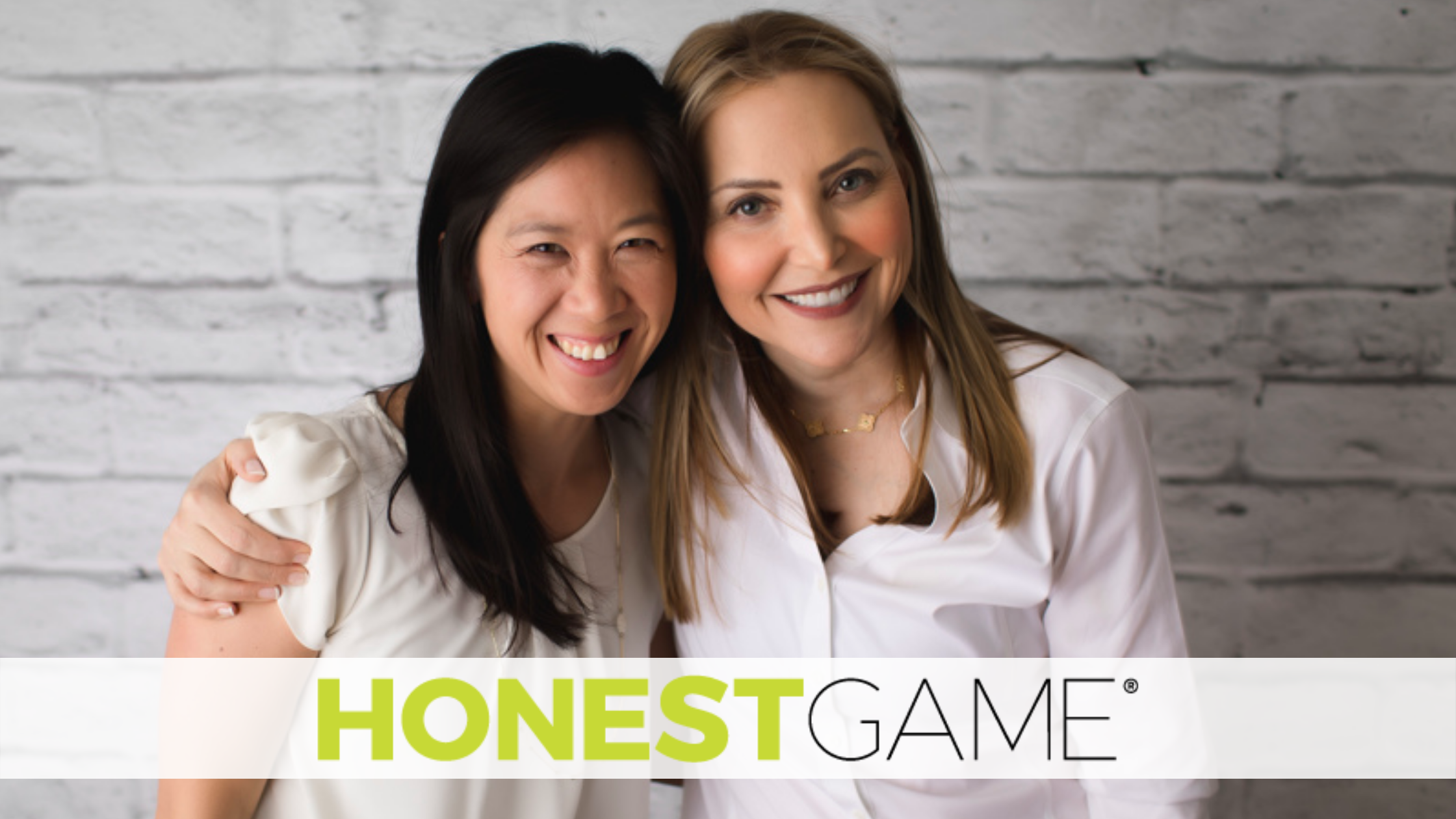Honest Game to Seek Funding for Sports Tech Platform, Co-Founder Says
Updated on Aug 8, 2023

February 3, 2022
Honest Game, a privately held sports tech company, will look for another round of funding in the next 15 months, said co-founder Kim Michelson.
The Chicago-based company will be looking for between USD 5m to USD 15m to expand its staff and its technological capabilities.
Founded in 2019 by Michelson and Joyce Anderson, Honest Game is a technology platform that helps high school staff, parents, coaches and student-athletes track NCAA and NAIA academic eligibility requirements to play college sports.
Both women were also once student-athletes and say they founded Honest Game to solve what they considered a problem.
“We saw so many kids falling through the cracks of academic eligibility and realized we could help so many more kids if we had the technology instead of doing it by hand,” Michelson said. She estimated that 800,000 student- athletes miss out on more than USD 3bn in college scholarships because of academic ineligibility.
A few months after discussing it over coffee, Michelson and Anderson founded the company as a public benefit corporation, a decision Michelson said was intentional.
“We’re all about doing well by doing good and don’t think you have to be a nonprofit to have impact,” she said. “It also identified us with investors. We were able to say that not everybody is a good fit for us. If it’s just about profit and not about impacting students’ lives, it probably isn’t a good fit.”
Honest Game received an initial investment of USD 50,000 from LOUD Capital after winning a venture competition sponsored by the NBA’s Chicago Bulls in November 2019. The company received another USD 50,000 from family members that same year. Then, in August 2021, Honest Game received USD 2m in seed funding from venture capital firms and individuals with a vested interest in the company, such as NBA player Thaddeus Young, who serves as an advisor.
The company launched shortly before the onset of the COVID-19 pandemic, which might have been a crippling blow, considering many student sport seasons were canceled, but it helped Honest Game because more schools were forced to use technology during the shutdowns, Michelson said.
“Schools are not always the most technologically innovative, but COVID forced them to be. So, they were embracing technology more,” she said, with many customers signing on during that period.
Currently, Honest Game has 14 employees and 73,000 users –including users from club teams and approximately 150 high schools throughout America. High schools pay under USD5 per student annually, according to the company.
Michelson said she expects Honest Game to bring in USD 2m in revenue in 2022, which would make the company profitable.
Michelson identified CoreCourseGPA.com as its closest competitor but said there is a striking difference between the two companies.
“They use self-reported data while we only use academically verified data directly from high schools. We really are a different product,” she said
Michelson was previously the executive director of Beyond Sports Foundation, a non-profit that helps high school student athletes from underserved communities turn their athletic abilities into life opportunities. Anderson, a lawyer by trade, is also the College Bound Student Athlete Advisor at a Chicago-area high school where she has advised more than 1,000 high school student-athletes on academic eligibility and recruiting. She also served on the NCAA Eligibility Center High School Advisory Board and as president of the board of Girls Play Sports, a non-profit that fosters leadership skills and confidence in girls through sports.
by Bob Chiarito in Chicago | PDF of article
Mergermarket



